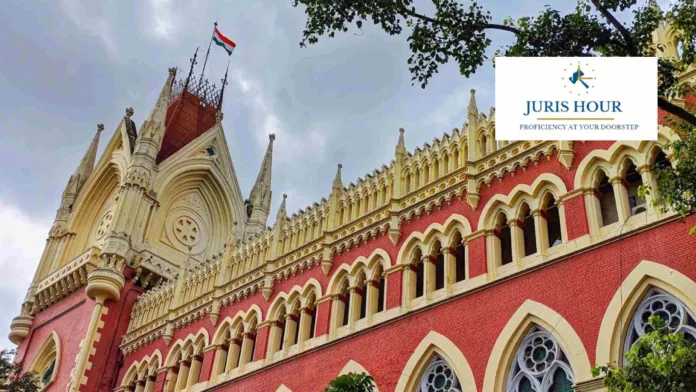The Calcutta High Court has set aside an assessment order and a West Bengal Taxation Tribunal ruling that denied a purchasing dealer input tax credit (ITC) on the ground that the selling dealer had undergone insolvency proceedings.
The Bench of Chief Justice T.S. Sivagnanam and Justice Chaitali Chatterjee (Das) has observed that section 31(1) of the IBC Code makes it clear that once a resolution plan is approved by the Committee of Creditors, it shall be binding on all stakeholders including guarantors. This is for the reason that this provision ensures that the successful resolution applicant starts running business of corporate debtor ona fresh slate as it were.
The petitioner had purchased goods from SPS Steels Rolling Mills, a supplier undergoing insolvency proceedings under the Insolvency and Bankruptcy Code, 2016 (IBC). The supplier’s resolution plan had been approved by the National Company Law Tribunal (NCLT) on April 8, 2019, with Allahabad Bank as the financial creditor.
The assessing officer denied ITC to the petitioner, reasoning that under Section 22 of the West Bengal VAT Act and Rule 20 of its Rules, ITC could only be claimed if the tax was deposited by the selling dealer. The officer further opined that the NCLT-approved resolution plan was not binding on the tax department.
Rejecting the assessing officer’s interpretation, the Bench held that once a resolution plan is approved under Section 31(1) of the IBC, it is binding on all stakeholders, including government authorities, as affirmed by the Supreme Court in Essar Steel, SBI v. V. Ramakrishnan, and Ghanashyam Mishra & Sons.
The Court observed that the IBC aims to give the successful resolution applicant a “fresh slate” to revive the corporate debtor and continue operations. Consequently, state tax authorities cannot deny ITC to purchasers merely because the supplier was subject to insolvency proceedings and tax dues were dealt with in the resolution plan.
The Court allowed the writ petition, setting aside both the Tribunal’s and the assessing officer’s orders. It directed that the petitioner’s ITC claim be recognised in accordance with law, noting that the IBC framework prevails over inconsistent tax authority actions.
Case Details
Case Title: Goutam Hui Vs. The Commissioner, Directorate of Commercial Taxes, Government of West Bengal & Ors.
Case No.: WP.TT 20 of 2025
Date: 01.08.2025
Counsel For Petitioner: Arnab Chakraborty
Counsel For Respondent: Tanoy Chakraborty

